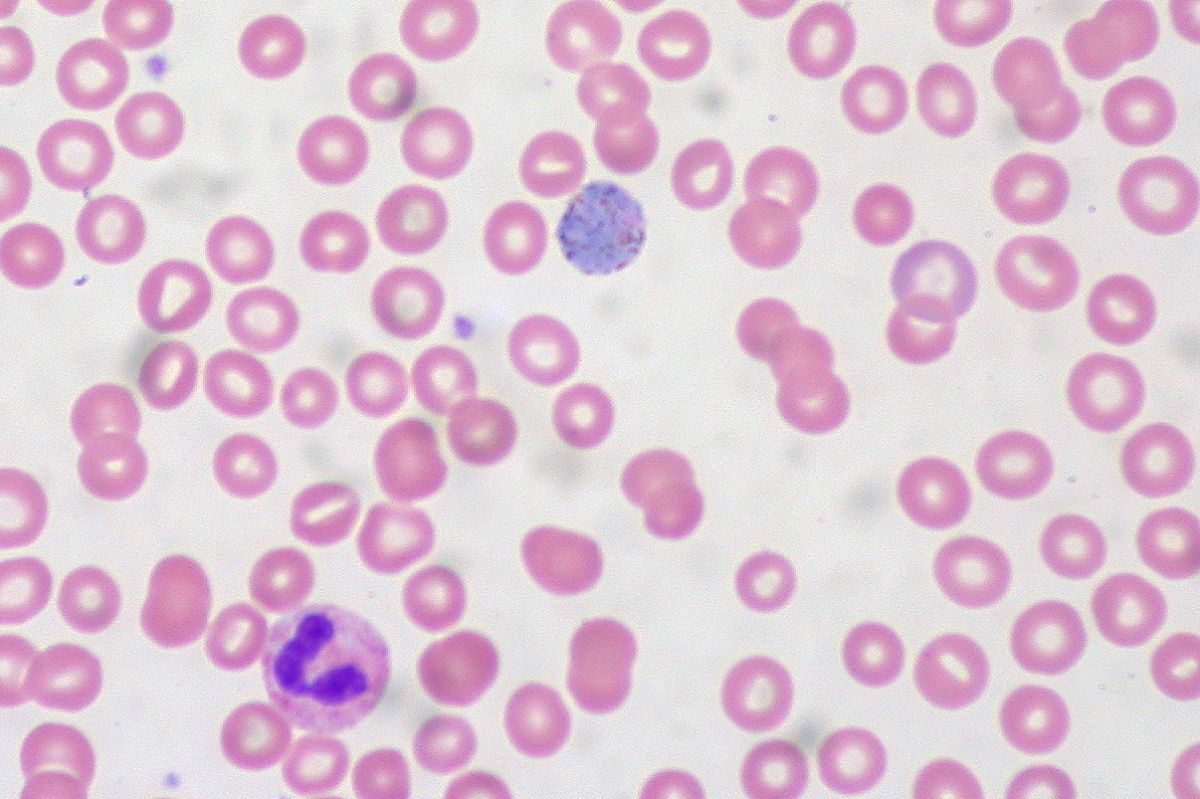Malaria vaccines: Where are we now?
By Ivan Paul

Malaria is an ancient disease, with evidence suggesting King Tutankhamun suffered from it. As a society, we have eradicated diseases such as smallpox and polio and invested billions of dollars in malaria research. However, over 600,000 lives were lost to the parasite in 2020 alone, and a universal preventative medicine is not yet within our grasp.
Plasmodium is a group of single-celled parasites which cause malaria, and they have complex lifecycles. This leads to one of the main challenges of malaria vaccine research: each stage of the parasite’s life presents a range of different potential vaccine targets. Trying to tackle each target is time-consuming and expensive.
The Plasmodium parasites can also hamper patients’ long-term immune responses, meaning that even if a vaccine is initially effective at preventing disease, any protection given could be too short-lasting to be of much use.
The parasite does this by making changes to the host’s immune system, making it harder for memory cells to do their job properly. Memory cells develop after infection and usually persist in the body, allowing a rapid immune response if the same infection appears again. They are why we only suffer from some diseases once before we gain long-lasting immunity.
The RTS,S vaccine: a groundbreaking moment in malaria treatment
Despite these difficulties, a historic moment was reached in 2021, when the World Health Organisation (WHO) recommended that the RTS,S vaccine could be put into general use. This comes after a successful pilot scheme in 2019 in Ghana, Malawi, and Kenya, and is the first malaria vaccine to make it out of clinical trials.
The WHO estimated that a life was saved for every 200 doses administered, and as of 2021 over 830,000 children had been vaccinated.
This was a great step forward but is far from a perfect solution. RTS,S is only currently being rolled out for children and the vaccine’s efficacy is below 40%, a far cry from the WHO-specified goal of 75%.
Also of the five Plasmodium species known to infect humans, RTS,S only targets the one most commonly found in Africa, meaning this vaccine will not be as effective in regions that are most affected by different Plasmodium species.
The R21/Matrix-M vaccine, developed in part by the University of Oxford and the Clinical Research Unit of Nanoro, showed a welcome improvement in efficacy. In an update published this year the team found that if a booster shot was given following the initial vaccinations it was possible to achieve an efficacy of 75% over 2 years.
This is a marked improvement over RTS,S, and has the potential to save many lives if the medicine makes it to market. A clinical trial involving 4,800 children is currently underway. This trial will start to assess the result of large-scale administration of the vaccine, and will help determine whether the vaccine could be licensed.
mRNA vaccines: learning from COVID
The COVID pandemic has put mRNA vaccines squarely on the general public’s radar. This has accelerated research into RNA-based medicines, which one day may help us address malaria.
mRNA vaccines work by providing the patient with a piece of mRNA that acts as a template for cells to produce a certain protein, for example the COVID spike protein. When this protein is made and becomes visible on cells, the immune system recognises them as a potential infection and responds by destroying those cells. As part of this immune response memory cells are created, which persist in the body and allow a quick suppression of any future infection of the same type.
The vaccine candidate that Richard Bucala and his team have developed has a crucial extra feature: it is self-replicating. An extra instruction is included in the mRNA which tells the cells to keep making the protein instead of only making it once. This means less vaccine is needed per dose, making it cheaper and more efficient to manufacture.
Bucala’s team found that a protein called PMIF, released by malaria parasites, is responsible for the immune system’s poor memory when it comes to malaria infections. By targeting this protein with their mRNA vaccine they showed that mice given this medicine successfully produce antibodies that lead to the destruction of PMIF. Amazingly this meant the mice were then able to naturally fight off the malaria infection, and successfully developed immunity to further infections. The team hope to try their vaccine in human trials as soon as it’s safe to do so.
If the same immune memory effect is seen in humans, this mRNA technology could be combined with other vaccines, and may extend the short window of protection that malaria medicines often suffer from.
Looking forward
Each new step in malaria research brings a new challenge, but the significance of RTS,S cannot be understated. It’s another crucial piece in the puzzle that could save many lives. Promising new clinical trials and fresh approaches give hope that in the near future more effective vaccines could be available for malaria-stricken areas.
The fight against malaria is likely to remain a war of attrition, with each successive new drug representing an incremental improvement. However, we are nonetheless moving in the right direction. Continuing research into malaria prevention allows us cautious optimism that the impact of this horrific disease will continue to diminish.







